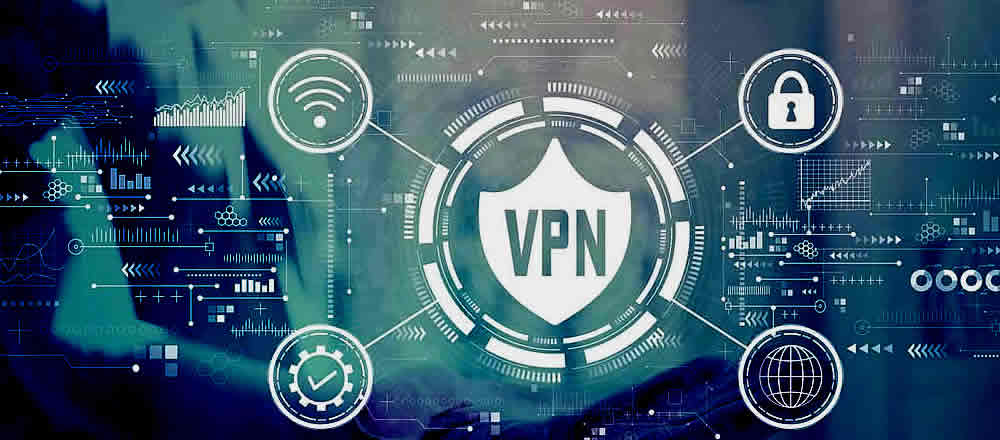A VPN (Virtual Private Network) connection is a secure and encrypted connection between your device and a remote server. It allows you to browse the internet privately and securely by masking your IP address and encrypting your internet traffic.
There are several reasons why people use VPN connections:
- Privacy: A VPN hides your IP address and encrypts your internet traffic, making it difficult for anyone to track your online activities.
- Security: VPNs provide an extra layer of security by encrypting your data, protecting it from hackers and other malicious actors.
- Access to restricted content: VPNs can help you bypass geo-restrictions and access content that is blocked in your region. For example, you can use a VPN to access streaming services or websites that are not available in your country.
- Public Wi-Fi protection: When you connect to a public Wi-Fi network, your data is vulnerable to interception. Using a VPN on public Wi-Fi networks adds an extra layer of security and protects your sensitive information.
To establish a VPN connection, you need to have a VPN client installed on your device. The client allows you to connect to a VPN server and establish a secure connection. There are many VPN service providers available, both free and paid, that offer VPN clients for various devices and operating systems.
Once you have a VPN client installed, you can choose a VPN server location and connect to it. The VPN client will handle the encryption and routing of your internet traffic through the VPN server.
It’s important to note that while VPNs provide privacy and security, they are not foolproof. It’s still important to practice safe browsing habits and use other security measures to protect your online activities.

